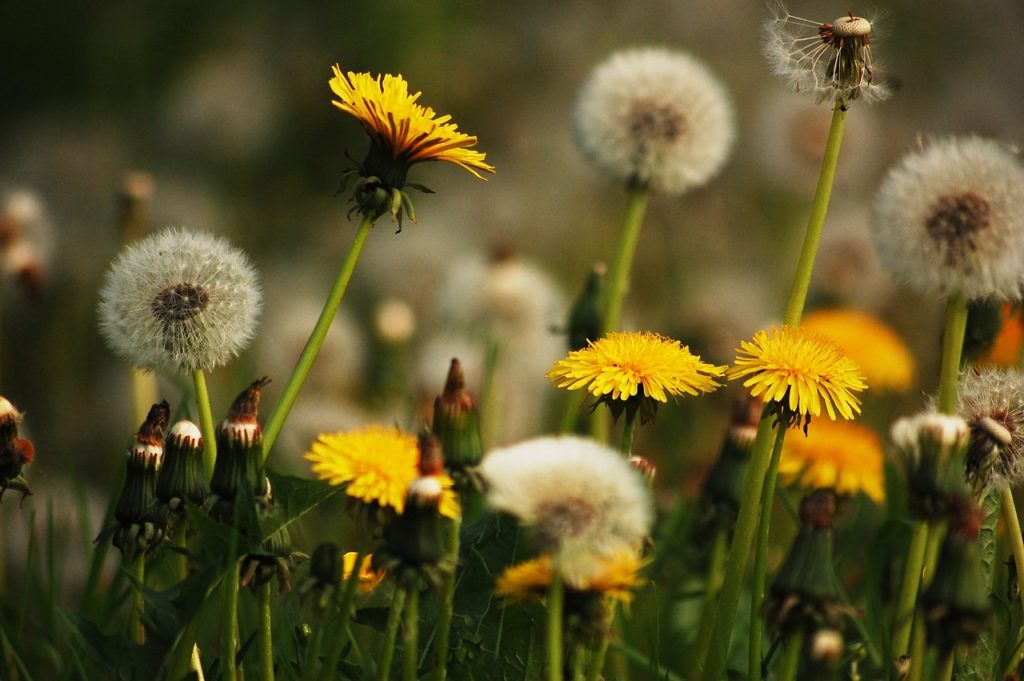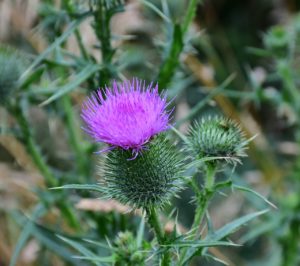Table of Contents
Learn how to keep your garden free of weeds throughout the year.
Mankind has been fighting weeds ever since the land was first cultivated.
Over the years, a number of myths, thoughts and opinions have been formulated about these common threats, some true and some not so true.
By knowing some simple facts about weeds, we can take a number of steps to control the appearance of these unwanted guests in the garden.
Believe it or not, there are thousands of types of weeds. However, only about 25-30 are common in the natural grassdepending also on where you live
While most weeds have broad leaves, some may have narrow leaves similar to grass blades.
Weeds also have different life cycles, commonly classified as annuals, as they are produced from seed and only last for a single growing season.
They die soon after flowering. However, some weed varieties are long-lived and do not die after flowering.
This group, which can reproduce by seed or by vegetative means such as rooting, are called perennials and continue to thrive as long as conditions permit.

While it is the most common method of weed control, pulling or hand pulling weeds does not guarantee permanent removal.
From perennial weeds, they can reproduce again from rooting.
If any part of the root is alive after weeding, the plant can regenerate itself again.
The only way to make sure that the plant will not come back out is to make sure that the entire root system is removed.
Weed Control Netting
In the case of gardens with artificial turfThe use of an anti-weed geotextile mesh can help or limit their massive appearance.
However, it will always be necessary to monitor the surface and apply the appropriate treatments depending on the environment in which it is located.
A simpler solution is to avoid the hassle of having to kill the weeds completely when they appear, it is advisable to try to prevent it with specific preventive treatments before they begin to germinate.
Herbicide treatments for weeds and grasses
This can be done by using a pre-emergent herbicide, which can effectively prevent weeds and grasses from germinating for up to three months.
Nowadays they are easy to apply and there is a wide range of application equipment available in the shops.
It can be sprayed on the surface of the lawn or on top of mulch at any time of the day throughout the growing season.

As for perennials, they can survive for years. In fact, seeds can live for seven years or more, waiting for the right conditions to germinate.
Perennial weeds also store "family" reserves in their root systems and keep sprouting again and again, even after the top of the plant has been destroyed.
Although weeds are a natural part of gardening, that doesn't mean you have to accept them.
The reality is that weeds are everywhere, their seeds are in the air, which means they can easily be passed from one garden to another.
Also, particles or seeds can be carried by humans, animals, insects and even water, even your own trusty lawn mower could be a carrier of these.
That being said, we can say that no matter how many times you apply a weed killer, the "bad seeds" are in the environment and are constantly a threat to your garden year after year. The only way to keep them out and under control is to use an herbicide at least twice a year.
Why are weeds so negative in our garden?
Certain weeds, such as poison ivy or thistle, can cause severe skin irritation.
Another point to consider is that, if left unchecked, weeds deprive flowers and plants of necessary nutrients such as water, light and soil nutrients. Weeds can also produce substances that are toxic to plants and in a short time cause them to die.
How many types of herbicides are there to control weeds?
There are many different types of herbicides available, if you are not getting the desired results, you are most likely using the wrong product.
First it is important to understand the difference between a pre-emergent and a post-emergent herbicide. Pre-emergent involves controlling weed seeds or weeds before they "emerge" or germinate. It does not kill existing weeds. A post-emergent herbicide only works on weeds that have already begun to grow. It will actually kill existing weeds, but will not prevent new weeds from sprouting.
Herbicides can be selective or non-selective.
On the other hand, selective herbicides are those specific for weeds and grasses.
Non-selective herbicides can kill any plant they touch without being selective at all.
These require careful handling so as not to damage the plants in the garden.
By combining the two, you can accomplish most of the work necessary to keep your garden looking splendid. This work also helps to strengthen the root development of your plants and abundant flowers.

